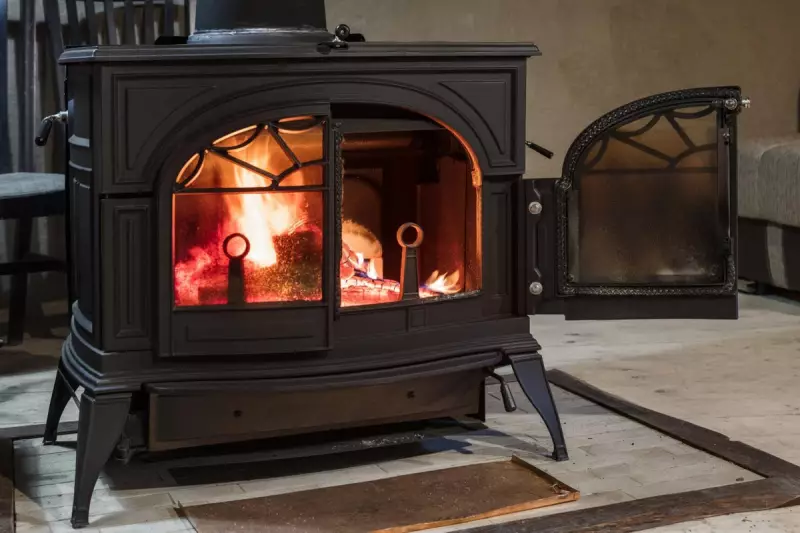
The charming crackle and warmth of a wood-burning stove, a staple in many British homes seeking cosy ambiance and traditional heating, may be concealing a dangerous secret. Groundbreaking research has revealed that these popular heating sources could be significantly damaging lung health.
The Invisible Threat in Your Living Room
Scientists have discovered that wood burners release concerning levels of harmful particulate matter that can penetrate deep into the respiratory system. These microscopic particles, far smaller than the width of a human hair, can bypass the body's natural defences and trigger inflammation throughout the lungs and bloodstream.
What the Research Shows
The study demonstrates that exposure to wood burner emissions causes:
- Increased inflammation in lung tissue
- Potential damage to respiratory cells
- Higher risk of respiratory conditions developing over time
- Compromised lung function in vulnerable individuals
"Many people assume wood burning is natural and therefore safe," explains one respiratory health expert. "This research clearly shows that the pollutants generated can be just as harmful as those from other combustion sources."
Urban vs Rural: An Unexpected Divide
While many associate air pollution with busy city streets and traffic congestion, the study highlights how indoor air quality in homes with wood burners can reach dangerously poor levels. The problem affects both countryside cottages and urban homes alike, creating pollution hotspots where families gather for warmth.
Protecting Your Family's Health
For households that rely on wood burners for heating, experts recommend:
- Ensuring proper ventilation when the burner is in use
- Using only well-seasoned, dry wood that burns more cleanly
- Considering alternative heating sources for main living areas
- Regular maintenance and chimney sweeping
- Installing air quality monitors to track pollution levels
The findings come as many households turn to wood burners amid rising energy costs, creating what health professionals describe as a "perfect storm" for respiratory health issues during winter months.
The Bigger Picture: Environmental Impact
Beyond personal health concerns, the research adds to growing evidence about the environmental impact of wood burning. While often marketed as a carbon-neutral option, the particulate pollution contributes to broader air quality issues affecting communities.
As one environmental health researcher noted, "We need to balance the romantic appeal of wood burners with the hard evidence about their impact on both human health and the environment."





